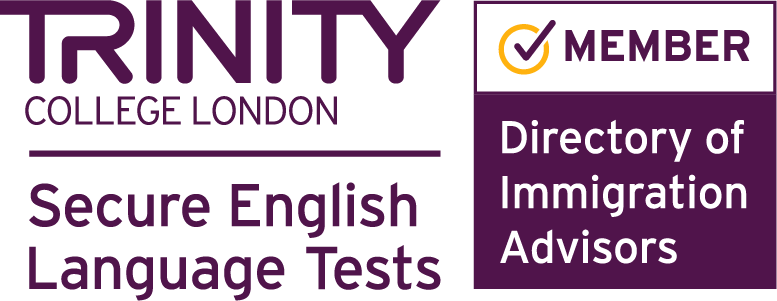There are many people who have had a negative decision made by a court or government department that impacts their lives (such as whether they can enter or leave the UK). They usually have the right to appeal under English law.
Well, the British government has significantly limited appeal rights for migrants who are willing to get their entry clearance or permission to remain in this country. The right to appeal under the points-based system has been eliminated, save in cases where it is claimed that a rejection violates the applicant’s human rights.
If your UK visa application has been denied by the Home Office or UKVI, you may have the option to appeal the decision. And, if you appeal correctly, you may have been granted administrative review or full UK immigration appeal rights.
The type of application that was made will determine whether you will be granted an appeal right or look for an alternative legal remedy, such as an administrative review.
The following is the appeal right
All PBS applications, as well as those for family members of PBS migrants, i.e. Tiers 1, 2, 4, and 5 only, have the right to Administrative Review.
Human Rights and Protection claims and applications brought under the EEA Regulations have a full right of appeal. Some in-country rights of appeal can be “certified,” which means that an appeal can only be filed after the applicant has left the UK.
Usually, there is no right of appeal for visitor visa applications (with a few very limited exceptions), short-term student visa applications, and so on.
How to Appeal for a UK Visa Refusal
When you receive a decision stating that your application has been denied, you have three options for how to continue. It is always better to seek guidance from an experienced immigration lawyer. Fighting a case that is likely to fail may be both time-consuming and financially draining.
- The first option after receiving a refusal with an appeal right is, of course, to appeal the refusal of your visa application. To understand why the application was unsuccessful and how it can be challenged, the reasons for refusal must be examined in detail and the matter thoroughly assessed.
- The second alternative is to evaluate the refusal and reapply, attempting to address the reasons for the refusal. This process may result in a faster result than filing an appeal. It may be possible to appeal and reapply at the same time for entrance clearance refusals, i.e. those applying from outside the country.
- The third option is to request reconsideration from the UKVI in order to overturn the refusal before filing an appeal. This is the most difficult option and is normally used when the UKVI has made a clear error. Much will also depend on the timeliness of your activities, since you may only have 14 or 28 days to remedy the problem.
How Soon After Your Visa Was Denied Can You Reapply?
There is no such time limit on when a new application may be submitted (with certain limitations while on 3c leave or when the right of administrative review is still available). It is critical that the reasons for the refusal be addressed fully in the new application.
How Long Will The Appeals Process Last?
Appeals at the Immigration Tribunal may take anywhere from 6 to 12 months to be heard.
Where to Find Help?
It is crucial to remember that the remedies available to applicants/appellants will be determined by the circumstances of their case as well as the merits of their case. The most important component of the entire procedure, however, is carefully selecting the right immigration solicitors, as the success of your case is dependent on who you instruct.
We at Intime Immigration Limited(Intime Solicitors) work with competent immigration solicitors and lawyers. We have years of expertise and experience in this field. If you are looking for professional assistance for a UK Immigration appeal, we can help!
Click here to discover more about our services. Or, call us to schedule a free consultation today!





